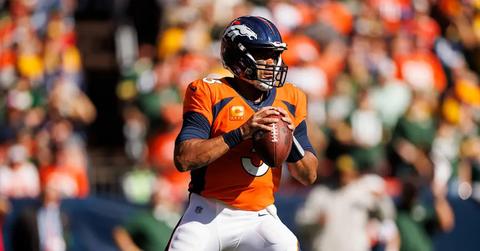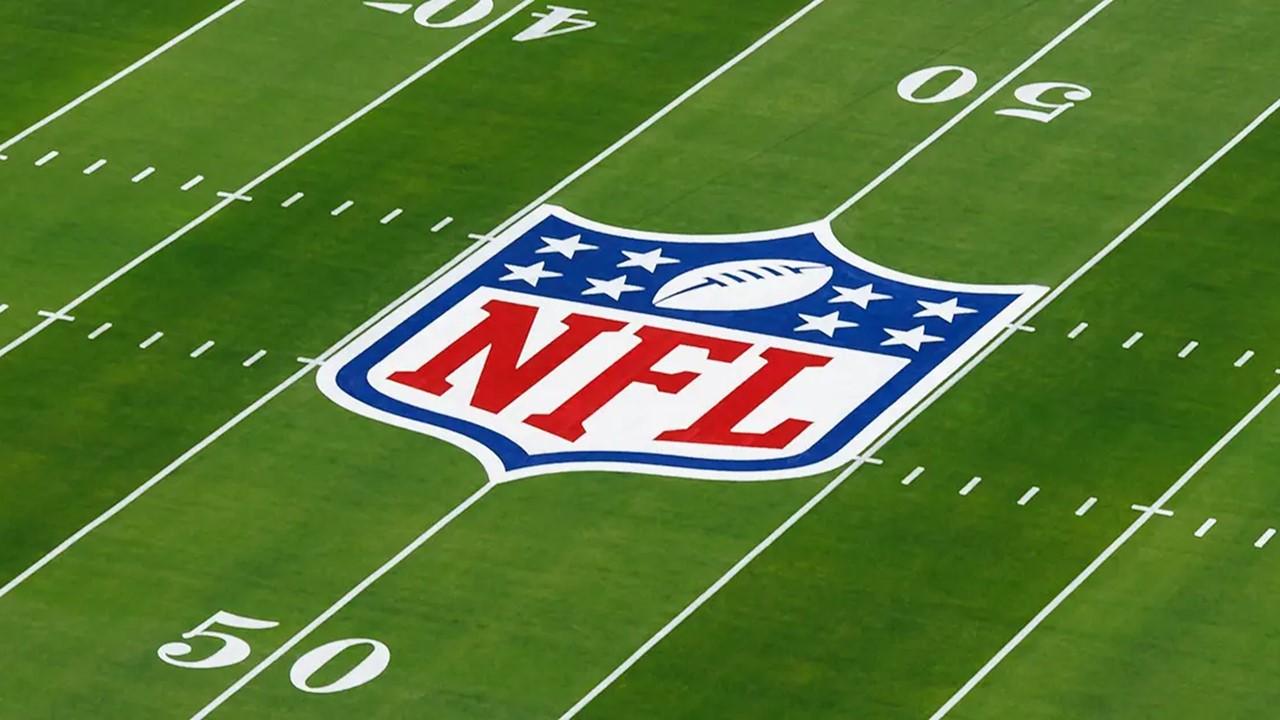There Are Few Situations Worse for a NFL Team Than Dead Cap
Russell Wilson is just the latest example of a team betting big on a player only to take a massive hit in dead cap space.
Published March 5 2024, 10:58 a.m. ET

Following the news that the Denver Broncos have decided to cut quarterback Russell Wilson partway through his massive contract, there has been a lot of discussion about dead cap space. If you're someone who's relatively new to sports, though, and you don't yet understand that much of sports analysis is actually business analysis, you might be confused about exactly what dead cap is.
The term and related ones, including the salary cap, are used frequently in the world of the NFL. If you want to understand the ins and outs of contract negotiations, then we've got everything you need to know about dead cap.

What does dead cap mean in the NFL?
To understand the dead cap, you first need to understand that, for the sake of parity across the league, the NFL institutes a yearly salary cap. What that means is that no team, regardless of how wealthy its owners are or how big of a market it's in, can spend more than a certain dollar amount across all of its player contracts. That way, no team can stack the team by only paying players who are already established greats.
Dead cap, then, is a term that's used for money that's going against your salary cap for a given season. The money is being paid to a player who's no longer on the roster because they have been cut. The money is dead, then, because it isn't going to contribute to any winning in the current season. Instead, it was promised to a player who has since been cut. Teams with a significant amount of dead cap are playing with what amounts to a handicap because they have less money to pay their team.
The Broncos are going to take a major dead cap hit from cutting Russell, but they made the move because leadership clearly doesn't believe he will be their quarterback in the long term. Russell had already earned $39 million in salaries and incentives with the Broncos over his two years with the team.
In 2024, Russell was owed $17 million in salary, and he was also set to receive signing and roster bonuses totaling $68 million, which means that the Broncos will take a cap hit of $85 million in 2024. The Broncos have two options when deciding how they want to allocate that dead cap.
If they officially cut Russell from their roster before June 1, they'll be obligated to take on all of the cap money in 2024.
If they wait until after June 1, though, they can split the dead cap between 2024 and 2025. Either option may be attractive, depending on what the franchise's goals are in the years ahead. Ultimately, though, taking on that much dead cap is difficult for a team to overcome, because they simply have less money to work with than other teams in the league. That's why taking on major, blockbuster contracts can be so dangerous.